India: A Tapestry of Traditional Values and Timeless Wisdom
India is a land of unparalleled diversity—a vibrant mosaic of cultures, languages, and traditions. Its rich heritage and deeply rooted traditional Indian values have shaped its identity and provided the foundation for a resilient society that has thrived for millennia. Indeed, these Indian cultural values, woven into daily life, have not only endured the test of time but have also adapted to remain relevant in our fast-paced, modern world.
In an era marked by rapid technological advancements and a growing emphasis on material pursuits, these values remain as important as ever. They offer stability, meaning, and purpose in a world that often feels fragmented. Let’s explore some of the traditional Indian values that continue to inspire and enrich lives today.
Firstly, Traditional Indian Values: Respect for Elders
Respect for elders is central to Indian culture. Elders are not only the custodians of family legacies but also the embodiment of wisdom and experience. In today’s world of nuclear families, this age-old value has even greater significance.
Moreover, this respect extends far beyond polite gestures—it’s a way of life. Elders act as the moral compass of the family, offering guidance during challenges and sharing life lessons. For instance, touching the feet of elders, a gesture called pranam, symbolizes seeking blessings and expressing gratitude. In workplaces and communities, this respect fosters inclusivity and mentorship, helping to build cohesive environments.
For example, the Indian festival of Guru Purnima – Honoring the Divine Teacher exemplifies this deep reverence for teachers and elders, highlighting their invaluable role in guiding younger generations.
Importance of Education
Education has always held a sacred place in India, regarded as a means to illuminate the mind and uplift the soul. Rooted in ancient texts like the Upanishads, Indian culture considers knowledge the ultimate wealth, far beyond material gain.
Furthermore, with education becoming more accessible through technology, this traditional emphasis resonates even more. Whether formal or informal, learning empowers individuals to achieve their goals and contribute meaningfully to society. It also bridges generational gaps, fostering understanding and unity in a diverse world.
Hospitality: Atithi Devo Bhava
The Sanskrit phrase Atithi Devo Bhava, meaning “The guest is god,” captures the essence of Indian hospitality. This warm, inclusive approach goes beyond superficial courtesies.
Additionally, in a world that often prioritizes individual pursuits, hospitality strengthens human connections. Indians treat guests with respect and offer them delicious food, comfortable lodging, and genuine warmth. Consequently, this tradition builds bonds that transcend mere transactions.
Family Values: The Bedrock of Society
Family remains the cornerstone of Indian society, offering emotional support, security, and identity. These values nurture a sense of belonging that transcends generations.
In fact, in India, family ties extend beyond immediate relatives. Grandparents, uncles, aunts, and cousins are all part of this extended family. This interdependence creates a safety net during tough times and magnifies joy in times of celebration. Therefore, in a world of transient relationships, these values provide much-needed stability and warmth.
Additionally, Indian Cultural Values: The Spirit of Hospitality – The Path to Inner Peace
Spirituality infuses every aspect of Indian life. It provides a sense of purpose and peace that transcends religions and beliefs. Practices like meditation, yoga, and prayer guide individuals towards balance and harmony.
In today’s stressful world, spirituality offers solace and calm. Moreover, it promotes compassion, non-violence, and mindfulness—values that build a more harmonious and balanced society.
Community and Social Responsibility
Traditional Indian values also stress community and social responsibility. The ancient concept of seva, or selfless service, encourages people to uplift others and strengthen the bonds of society. Celebrating festivals together and helping those in need reinforce social ties and nurture unity.
Environmental Consciousness
Indian culture has long honored the interconnectedness of all life. From worshipping rivers to practicing sustainable farming, there’s a deep respect for nature. Rediscovering this harmony with the natural world is crucial today as the world grapples with environmental challenges.
Traditional Indian values are not relics of the past—they continue to guide lives, build communities, and inspire harmony in an ever-changing world. By preserving and passing these values to future generations, we ensure that India’s rich heritage remains a beacon of wisdom and hope.

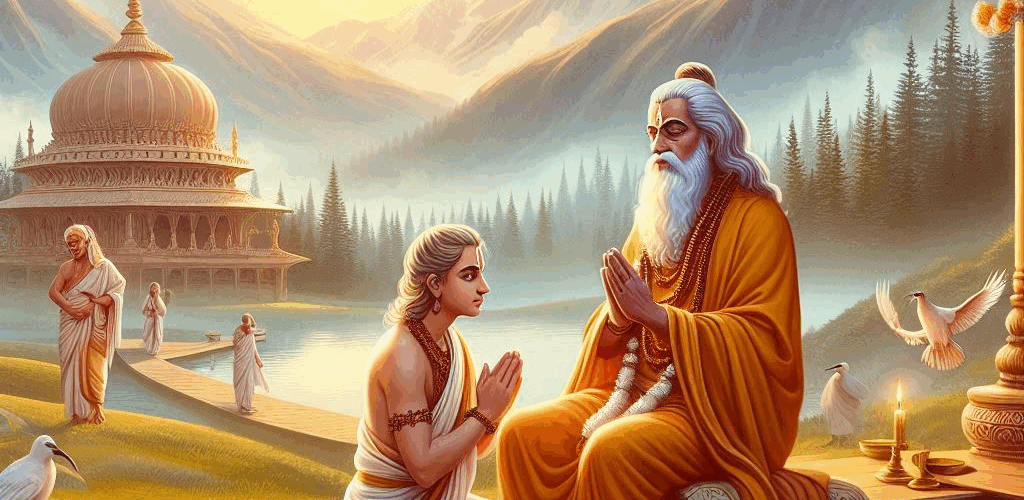
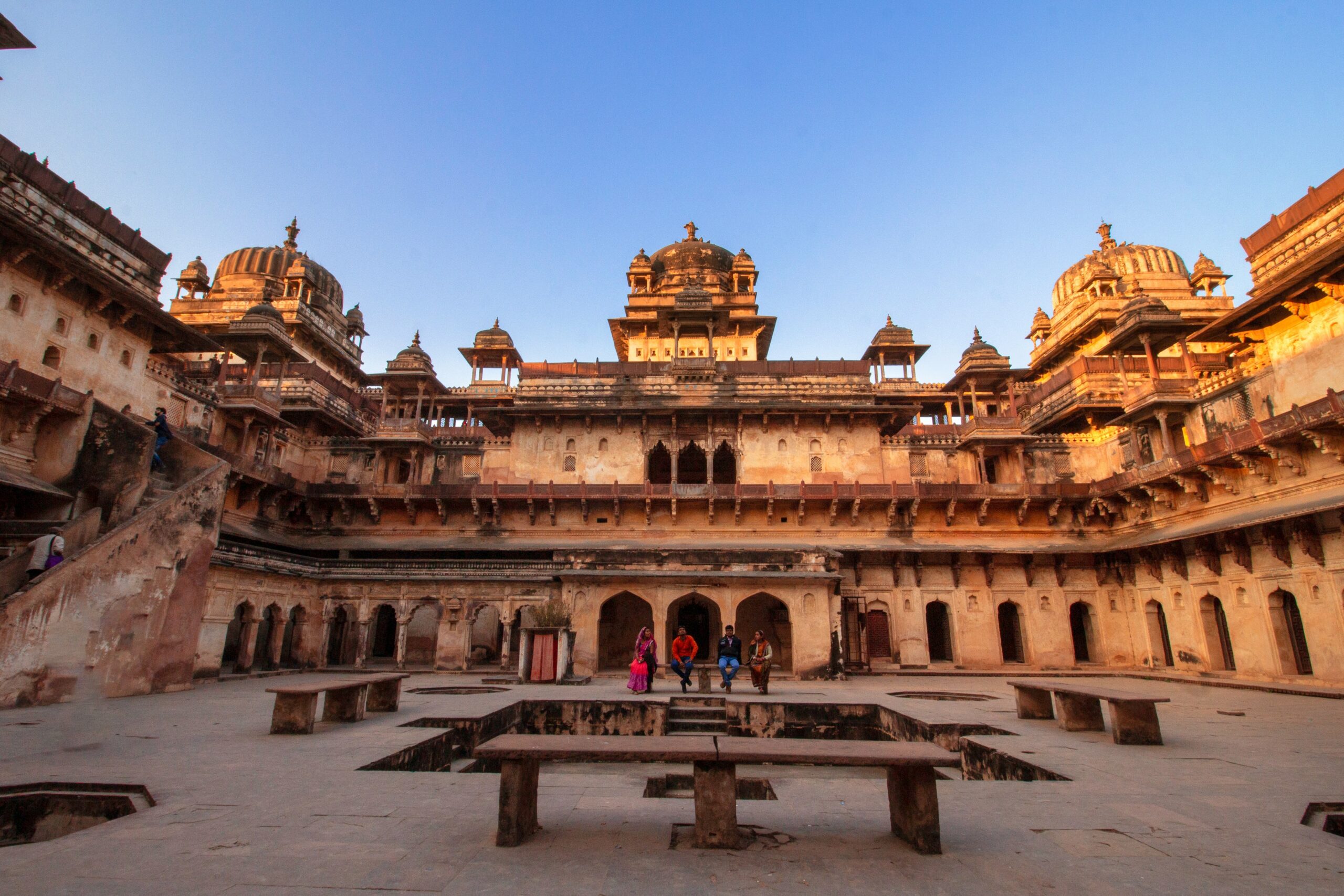
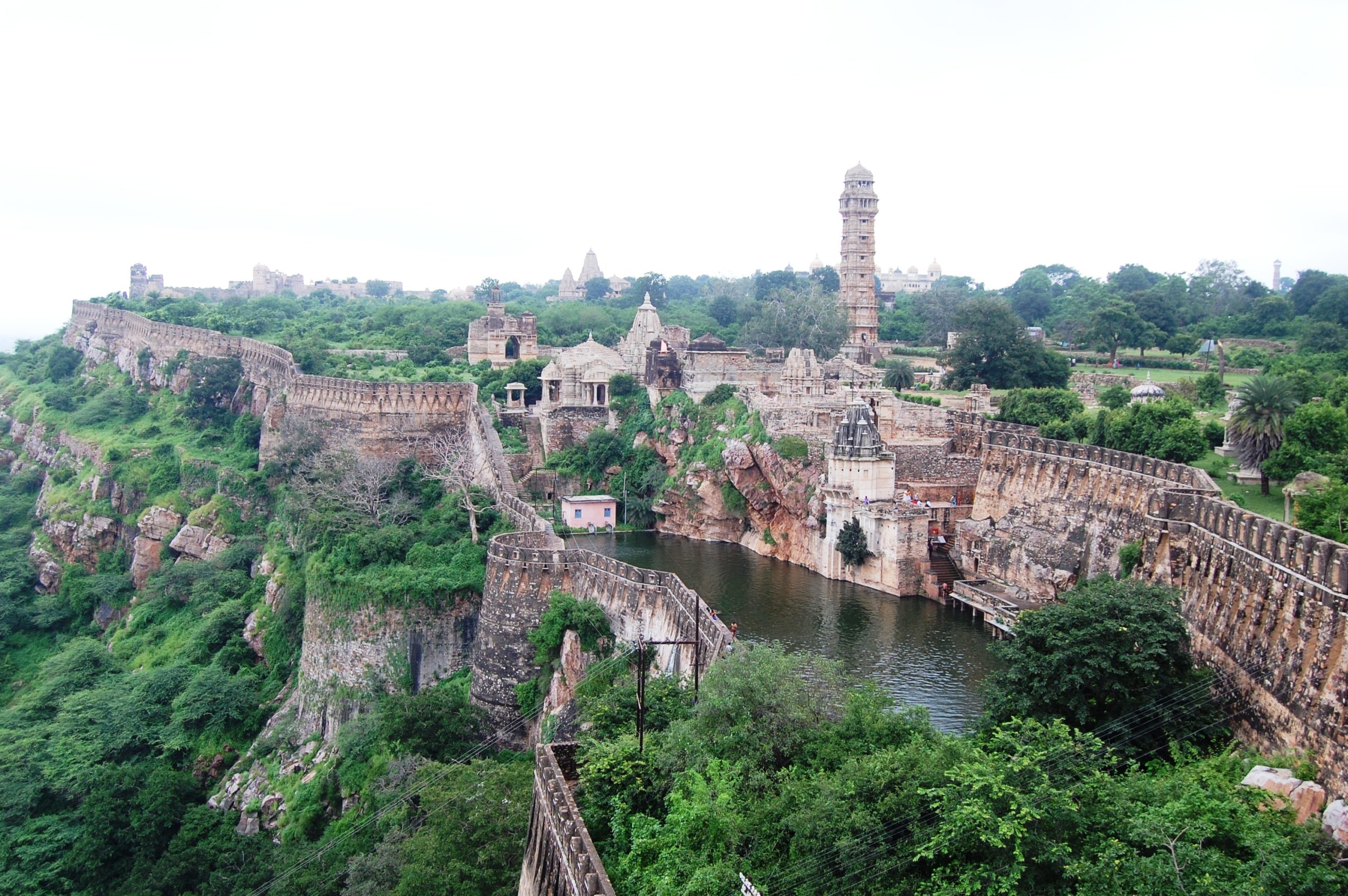
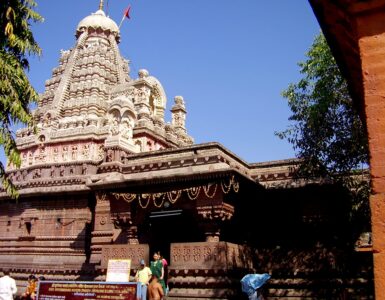
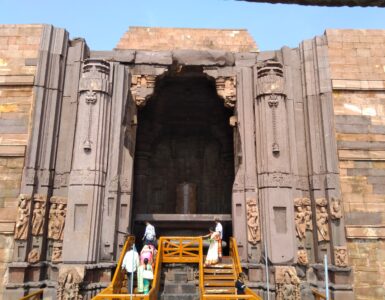
 The Bharatah is a website dedicated for exhibit about the Great Culture, Society, Literature, Economy, Education, History and Peoples of Spiritual, Irresistible, Developing, Intelligent, Vibrant, Diverse, Unite, Incredible India (Bharat). You can also get facts and trivia of traditions, festivals, arts, science, technology, statistical Facts about India. On this website you can explore Adventurous, Religious, Beaches, Hill Station Wildlife and Historic Tourist places of India.
The Bharatah is a website dedicated for exhibit about the Great Culture, Society, Literature, Economy, Education, History and Peoples of Spiritual, Irresistible, Developing, Intelligent, Vibrant, Diverse, Unite, Incredible India (Bharat). You can also get facts and trivia of traditions, festivals, arts, science, technology, statistical Facts about India. On this website you can explore Adventurous, Religious, Beaches, Hill Station Wildlife and Historic Tourist places of India.
Add comment